A new campaign by the National Autistic Society will share how the public can better support autistic people
The National Autistic Society will improve public understanding of autism and change attitudes and behaviour towards autistic people through a new campaign, as new surveys from the charity reveals negative experiences are a regular part of daily life for autistic people, who avoid going out and are isolated as a result.
The new campaign, It’s How You Show Up, is launching on Wednesday 2 April 2025, to mark World Autism Day and World Autism Acceptance Month. The campaign will highlight ways the public can show up for autistic people by making changes to make a positive difference.
Key findings
New research from the National Autistic Society shows:
- More than half (55%)[7] of autistic people avoid going out because they are worried how people will treat them.
- A quarter (25%)[8] said they usually get a negative reaction when they say they are autistic.
- Nine in 10 autistic people (90%)[9] have experienced poor mental health due to attitudes or perceptions of autism, and 84%[10] have experienced social isolation.
The National Autistic Society’s It’s How You Show Up campaign aims to improve public understanding of autism and change attitudes and behaviour towards autistic people. More than half of people in the south of England polled by YouGov (56%)[11] want to learn how to help autistic people feel more accepted.
The YouGov survey found the public recognises the negative impact that a lack of understanding of autism can have on autistic people:
- Nearly half (46%)[12] of UK adults think autistic people receive negative reactions from others when they share their autism diagnosis.
- Nearly two thirds (63%)[13] think autistic people face lost friendships and difficulty making friends.
- Nearly three in five (57%)[14] think they face fewer job opportunities.
The top three changes autistic people wish the public would make to better support autistic people are:
- Make small changes in environments, such as work and public spaces (78%)[15]
- Educate themselves about autism (69%)[16]
- Become more open-minded in the way they think people should behave (68%)[17]
Peter Watt, Managing Director of National Programmes at the National Autistic Society, said:“Although autism understanding has improved massively in recent years, autistic people and their families still face negative perceptions that can make it harder to get helpful adjustments in their day-to-day lives, at school and work, or even preventing them from going out at all.
“Our campaign, It’s How You Show Up, will improve public understanding about autism and change attitudes and behaviour towards autistic people. There are many simple, every day ways the public can make a huge difference to autistic people and their families. Whether that’s taking steps to understand an autistic person’s experience of the world, allowing time for them to process information and space to regulate, or advocating for autistic colleagues in the workplace. We have lots of information and advice available on our website and invite everyone to get involved and show up for autistic people this World Autism Acceptance Month.”
The campaign film
The National Autistic Society has created a new film to share as part of the launch of the campaign, which features the Wakeman family, including autistic father and daughter, Chris and nine-year-old Penny. Elements of the family’s real lives were incorporated into the film, including Chris’ powerful emotion when talking about his hopes for his daughter’s future in a more autism-friendly world.
Chris Wakeman said: “Autism doesn't always look how you may think it looks. Autistic people are capable, intelligent, sensitive and able - don't judge us. People have shown up for me at work by having a better understanding of me and how to be empathetic. We wanted to be a part of this campaign because, as a late diagnosed autistic man, it is important for us to help identify and show that it has been really difficult just to get to this point. We are all committed to raising the profile of autism, particularly in girls, and how to identify it and deal with it empathetically without setting people apart.”
Chris Packham, National Autistic Society Celebrity Ambassador, said: “People showed up for me and it not only improved my life, it made my life possible, and sometimes it’s the smallest, simplest things which can make the biggest difference. So sometimes it doesn’t take much thought to take the right actions, come on – please show up for autistic people this spring!”
The National Autistic Society is asking the public to share how they will pledge to show up for autistic people, during World Autism Acceptance Month and into the future. Find out more about how to show up for autistic people, and make a pledge, by visiting our website: https://www.autism.org.uk/showup

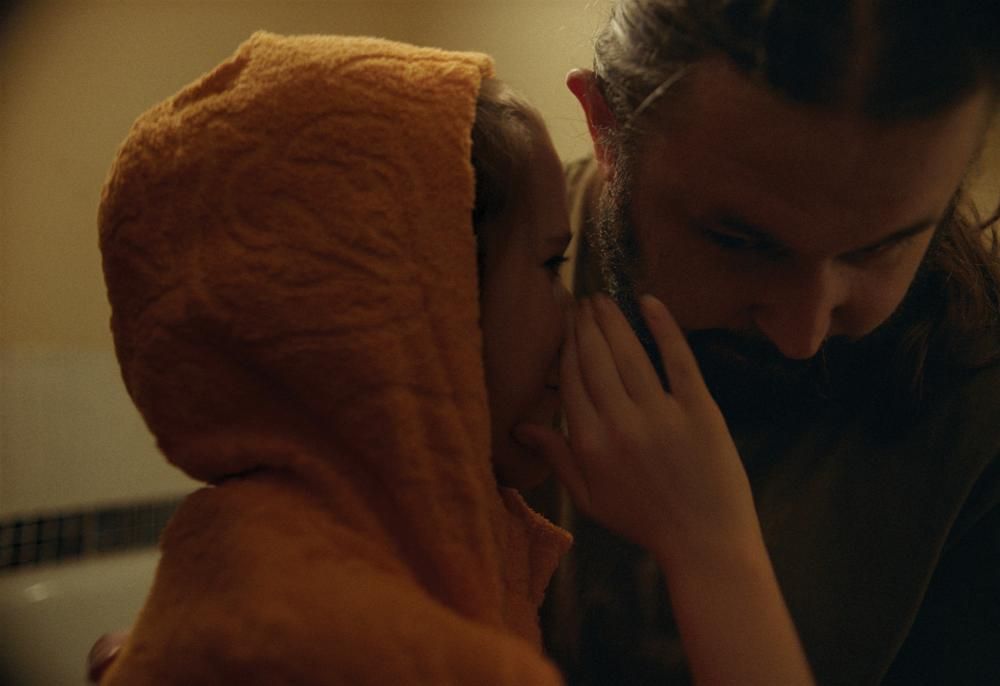
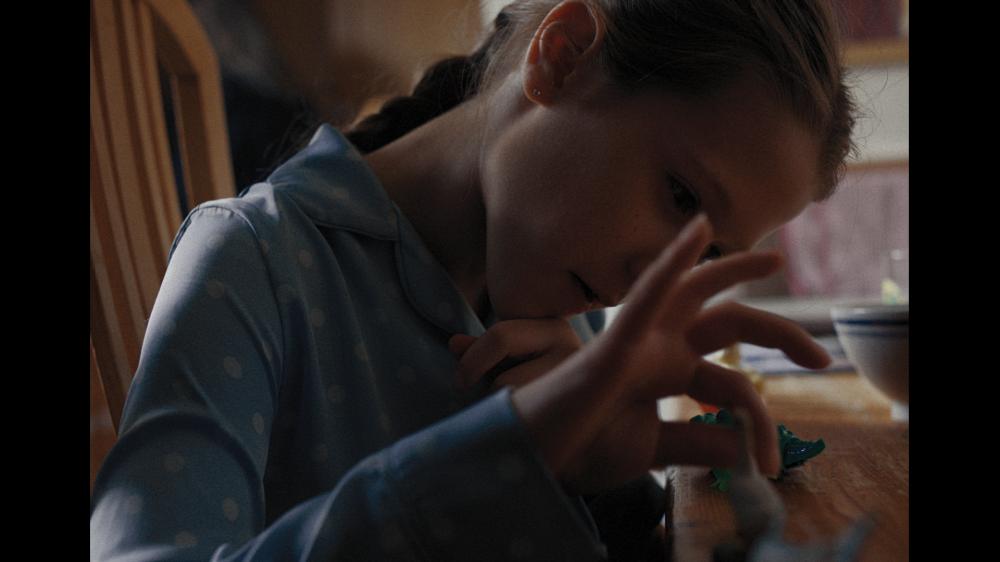
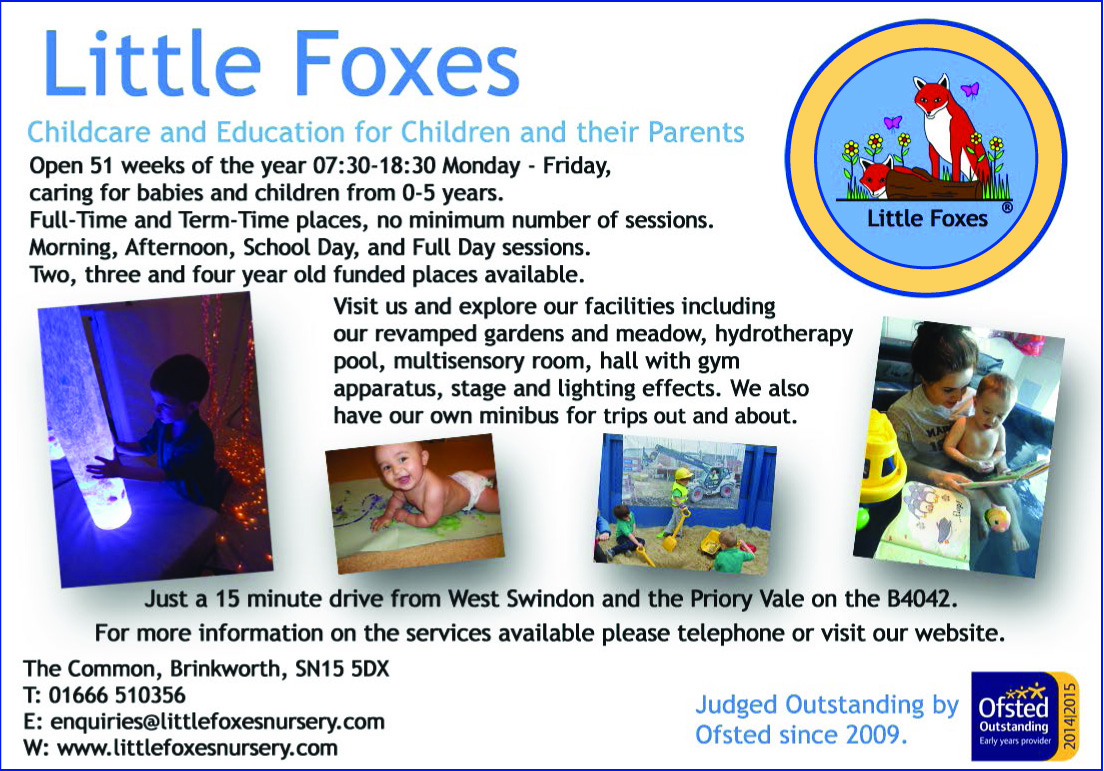

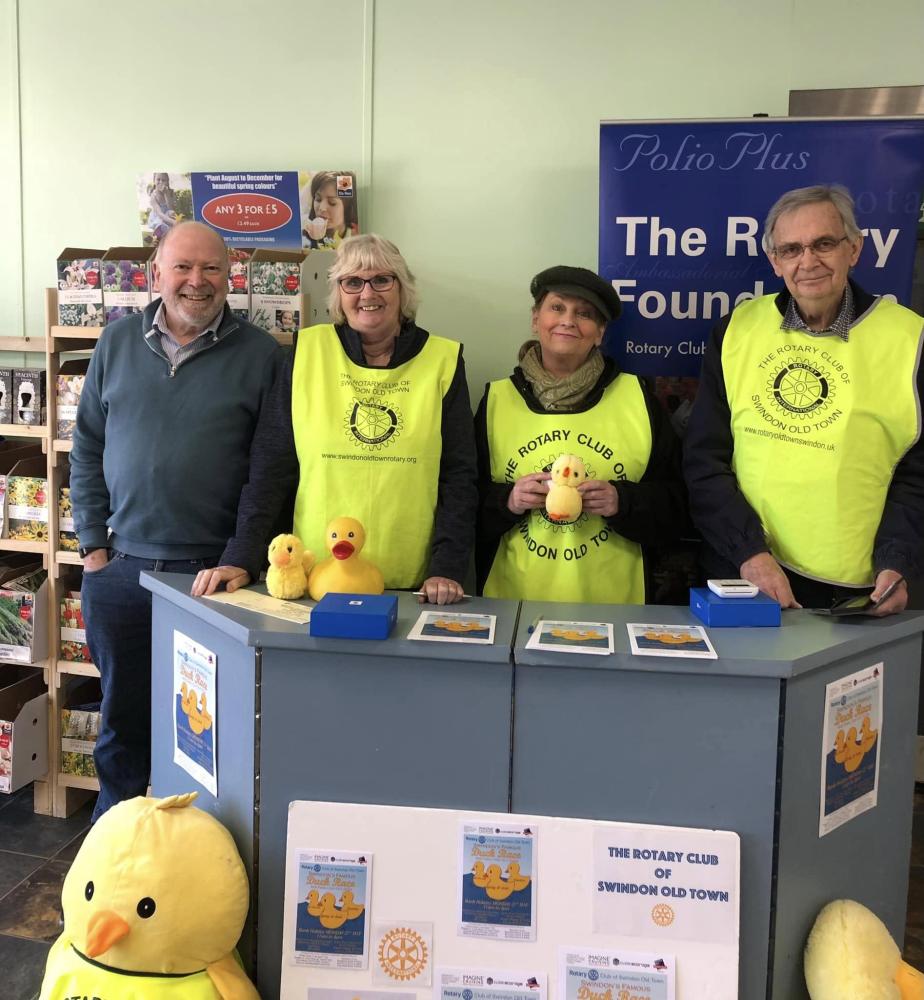




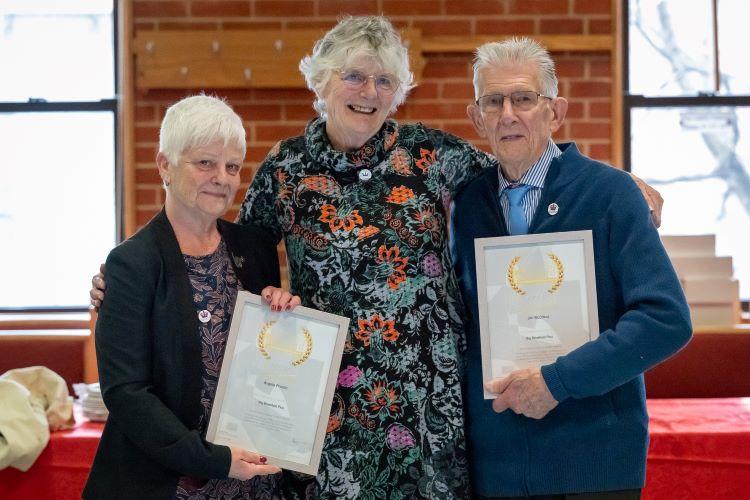
Your Comments
Be the first to comment on this article
Login or Register to post a comment on this article